Does Skydiving Hurt?
General
Posted by: Laura Morris
3 years ago
The human relationship to pain is a complex one. Pain is generally interpreted by the brain as a warning sign and an indication that something is awry. However, in many sports pain is the norm, and the path to greatness is paved with inspiring discomfort the entire way.
Societally, we are particularly conscious of pain, and we tend to avoid it—especially in activities we deem as fun. If you’ve already got a skydive scheduled or are sitting on the fence, one of your current concerns might be if this fun and fancy freefalling thing is going to leave you with an unpleasant aching memento. So, we are here to cut to the chase.
Is Skydiving Painful?
Thankfully, no! The sensations of skydiving are noticeably different than, say, strutting around on any normal given day but, in general, they are not painful. We like to consider skydiving in sections. Likewise, the various portions of the experience have different feelings and potentials for discomfort associated with each one. Allow us to break it down:
The Ride To Altitude
The first bit of any skydiving experience is the plane ride to altitude. At Skydive New England, we fly a 22-passenger Super Otter that gets jumpers to 14,000 feet in about 15 minutes. Even if the ride feels a little too cozy or mildly cramped, it won’t be long until you are released free to frolic out in the wild blue yonder.
Freefall
When most picture skydiving, the freefalling portion is what comes straight to mind. Zipping through the clouds at 120 mph doesn’t just sound wonderfully thrilling—it is!
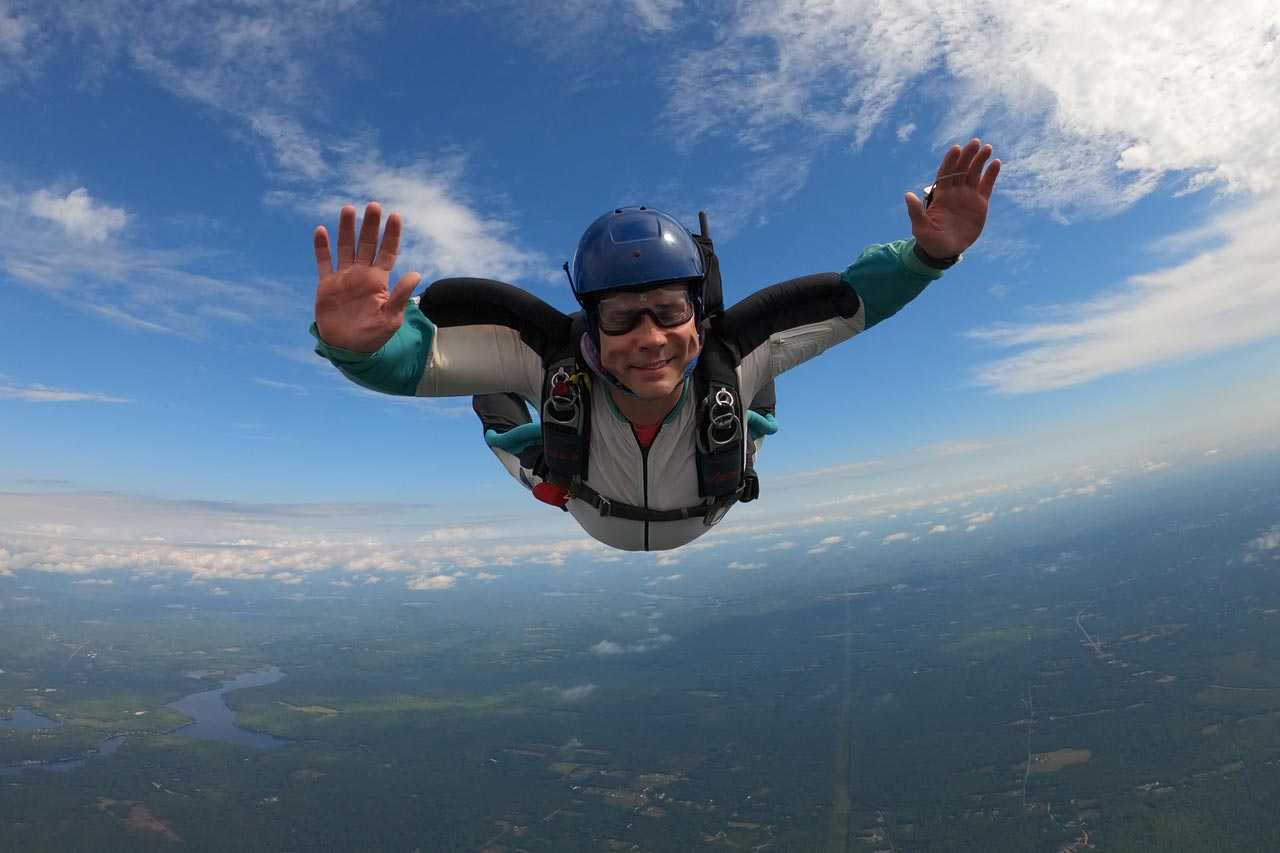
Does Skydiving Hurt Your Stomach?
Lacking any other apt references, people often associate skydiving freefall with the stomach-sinking sensation experienced on roller coaster rides and drop towers—which naturally, leads them to question if skydiving hurts your stomach.
Unless you’ve already ingested something that doesn’t agree with your stomach’s constitution, or you’ve imbibed a bit too much the night before (a skydiving no-no, by the way), skydiving won’t affect your stomach. Here’s why: the aircraft you’re riding in before experiencing freefall moves with an average forward speed of 80-90 kts (roughly 90-100 mph). So, the delta (or difference) between your forward speed and the speed of your freefall is slight. Because of this, after exiting the plane your body doesn’t have far to go to reach terminal velocity. Thus, your body doesn’t register the speed change with that stomach drop feeling.
Does Skydiving Hurt Your Ears?
With all that air whooshing past during a 120 mph freefall, people often wonder if skydiving hurts your ears. Typically, no. Neither the ride to altitude nor freefall will hurt your ears. At the most, you will feel a slight bit of pressure during the ride to altitude and a slight bit of ear “stuffiness” after your freefall once you are back on the ground. However, if you have a head cold, skydiving is not advisable. Clogged sinuses will mean you’ll be unable to equalize your ears. This can cause a fair amount of pain and, in serious cases, can even result in damage to your eardrums. If you’re “stopped up,” do yourself a favor, reach out and reschedule your skydive.
Does Skydiving Hurt Your Back?
As people fret for their ears in freefall, many people are curious if skydiving can hurt your back. Now, we do want to be clear: skydiving does require a moderate level of flexibility. There are moments during the experience when it is possible you could strain your back. However, the majority of individuals in good health and physical standing, do not experience any issues. If you do have pre-existing back issues, be sure to contact your physician before scheduling a skydive.
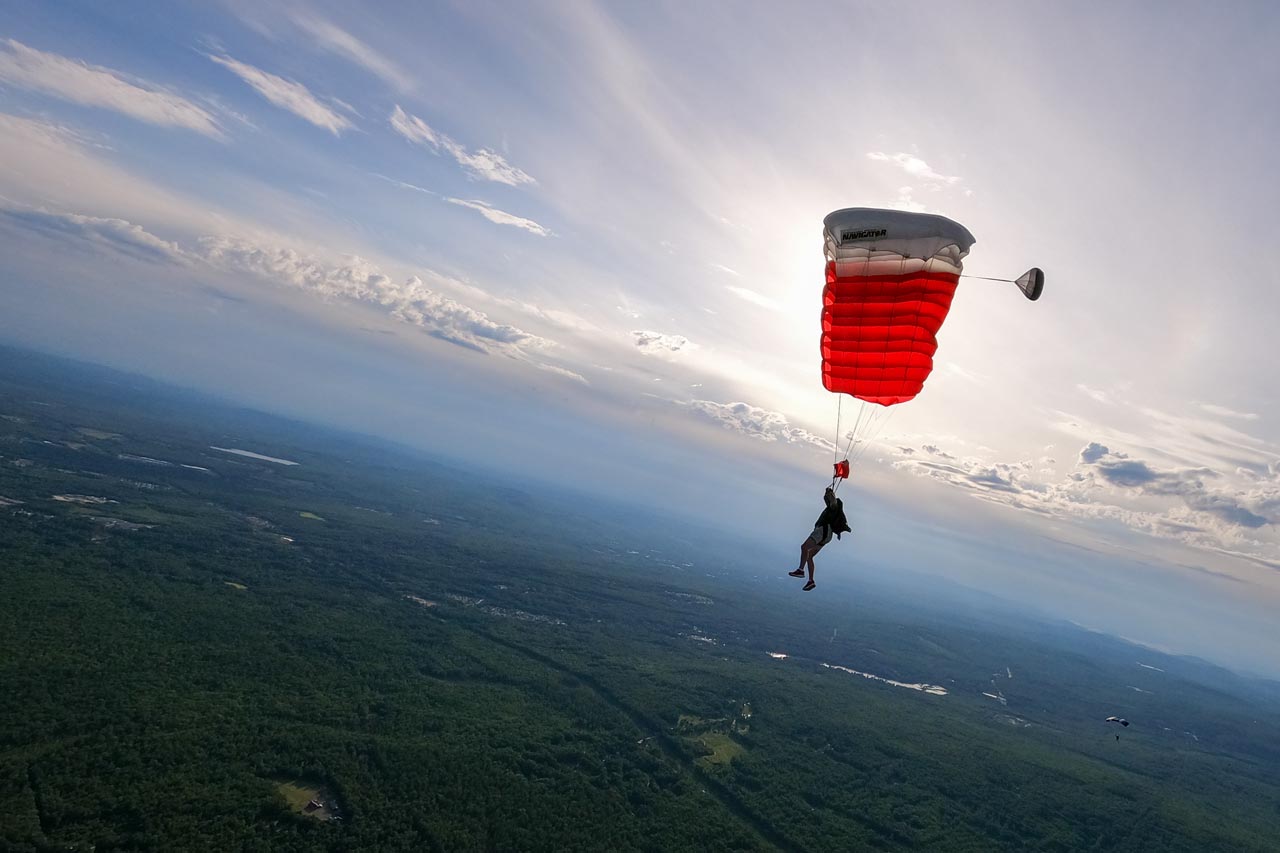
Canopy Deployment And Landing
Rightfully so, people imagine that casting a bundled bunch of fabric to the wily winds could result in a rather jolting experience. Thankfully, tandem parachutes are designed to have a staged deployment process. The typical feeling of the parachute opening is usually akin to quickly hitting the brakes while driving: you can certainly feel the difference, but it is not usually painful.
After enjoying a peaceful parachute ride, it will eventually be time to land and bring your adventure to an end. For a successful landing, it is crucial to follow the cues of your tandem instructor and listen carefully to the instructions they give. Typically, instructors will ask you to lift your legs to about 90 degrees to allow them to slide on into landing.
And there you have it, your skydiving adventure all wrapped up! While pain is a natural part of being human, we understand the quest of trying to avoid it when you can. If you have any other questions about skydiving, don’t hesitate to reach out! Shoot us an email or give us a call – at (207) 339-1520 – we’re happy to help in any way we can.
Blue skies!
Categories:
You May Be Interested In:
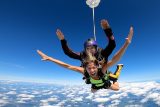
The Skydiving Adrenaline Rush: A Thrill Like No Other!
4 weeks ago by Curtis White

What Is Static Line Skydiving? Your Guide to Static Line Jumps
2 months ago by Laura Morris

How to Get into Wingsuiting: Your Guide to Wingsuit Flying
3 months ago by Curtis White
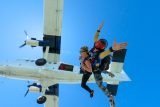
Skydiving Motion and Altitude Sickness: Tips to Stay Comfortable
4 months ago by Laura Morris
Enter to Win a Free Skydive
Join our email list and enter to win a free tandem skydive. Drawings in April and December; winner announced on social media.
You’ll get a $10 coupon toward a tandem just for signing up! Must be 18 and under 240 lbs to jump.
*By submitting this form, you are consenting to receive marketing emails from Skydive New England, 40 Skydive Lane, Lebanon, Maine 04027. You can revoke your consent by using the SafeUnsubscribe link located at the bottom of every email. Emails are serviced by Constant Contact.
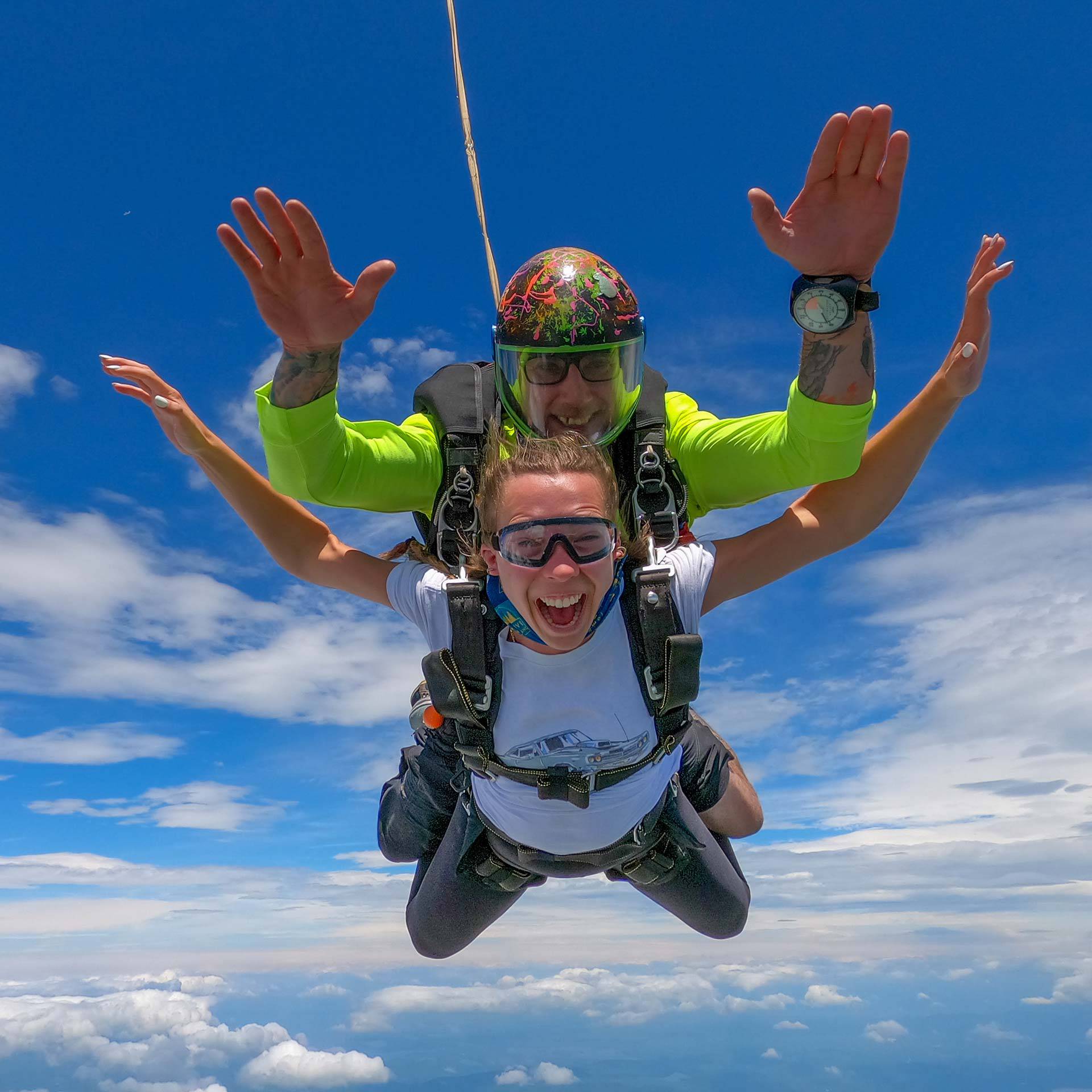
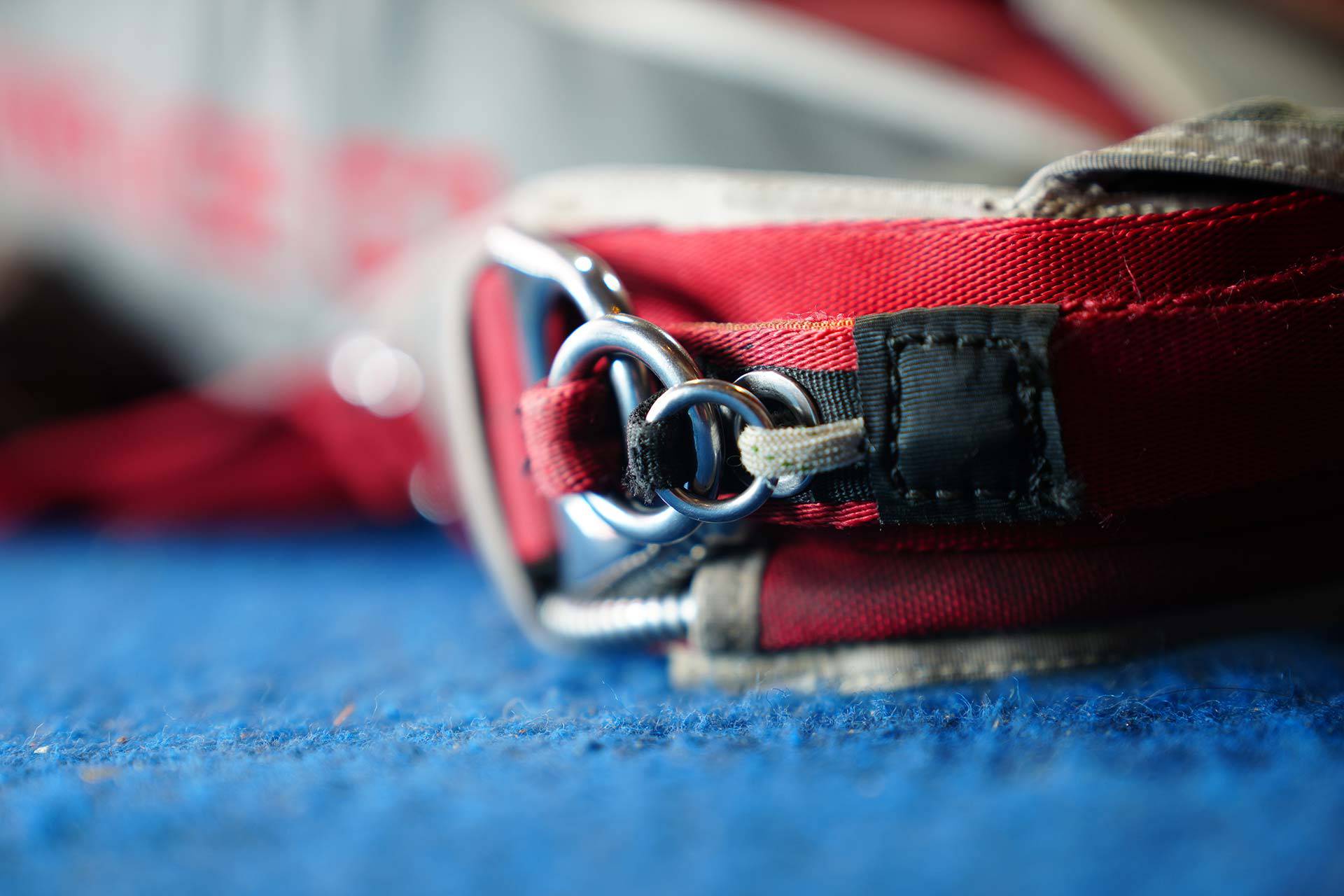
Even More Wicked-Fun Than It Looks!
Come see why the biggest DZ in New England is also the best.
